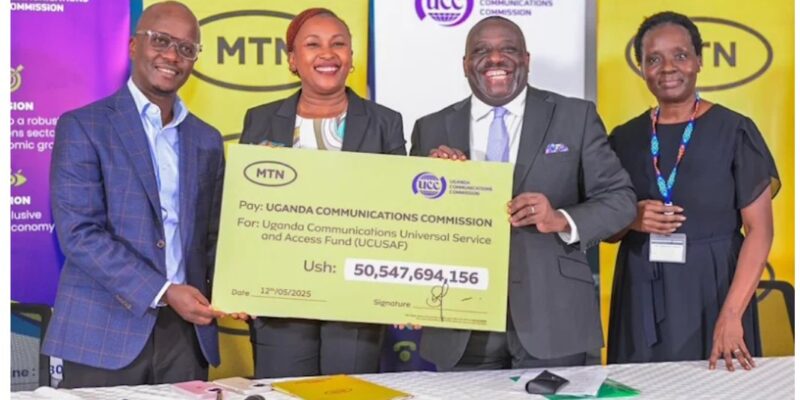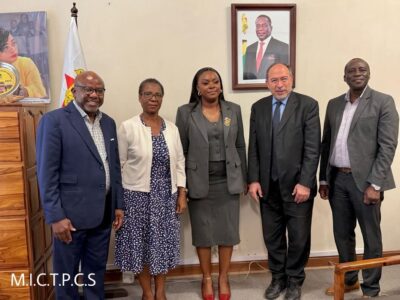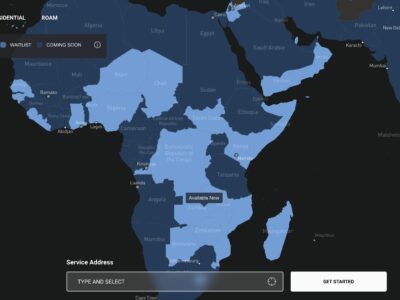Millions of Ugandans in rural areas remain digitally excluded, with limited access to reliable internet, affordable devices, and digital skills widening the country’s digital divide.
MTN Uganda CEO Sylvia Mulinge announced a $13.3 million (UGX 50.55 billion) contribution to the Universal Service and Access Fund, a move aimed at expanding connectivity and digital infrastructure in underserved regions.
“This isn’t just about fulfilling a 2% levy requirement,” said Mulinge. “Connectivity is a right, not a privilege. Real digital inclusion means that every Ugandan, regardless of income or geography, can participate fully in the digital economy.”
By Ruvarashe Gora
The Universal Service and Access Fund, managed by the UCC, supports infrastructure rollout in commercially unviable areas. MTN’s increased contribution up from UGX 42.5 billion in 2024, comes at a time when just 36% of Ugandans access mobile internet and smartphone penetration sits below 45%, according to UCC and GSMA data.
“Access without ability is not empowerment,” Mulinge added. “We must work together to lower the cost of devices, build digital literacy, and equip communities with real-world digital skills.”
The telco has already installed over 60 ICT labs in schools, launched a digital skills training bus, and is scaling its M-Kabode smartphone financing program to make devices more affordable.
UCC Executive Director Nyombi Thembo applauded MTN for not only meeting its regulatory obligation but doing so with vision.
“You continue to pay consistently, and on time. That kind of commitment is not something we take lightly,” said Thembo. “These funds are changing lives in areas the market often ignores.”
MTN’s push aligns with Uganda’s Fourth National Development Plan (NDP IV), which places digital transformation at the heart of inclusive economic growth. The government aims to accelerate broadband access and ensure digital services reach the last mile.
While connectivity is expanding, challenges persist. Many remote schools remain offline, health centers are disconnected from digital health platforms, and smallholder farmers lack digital market access. Experts argue that investments like MTN’s must be paired with policies that promote affordability and localized content.
Still, momentum is building. MTN’s contribution marks one of the largest private-sector investments into digital equity in Uganda and could serve as a model for other operators across the continent.














Comments